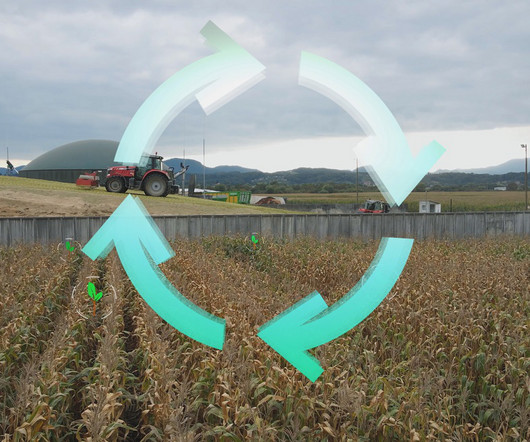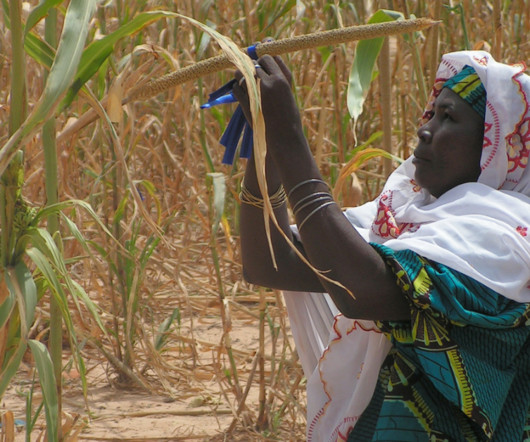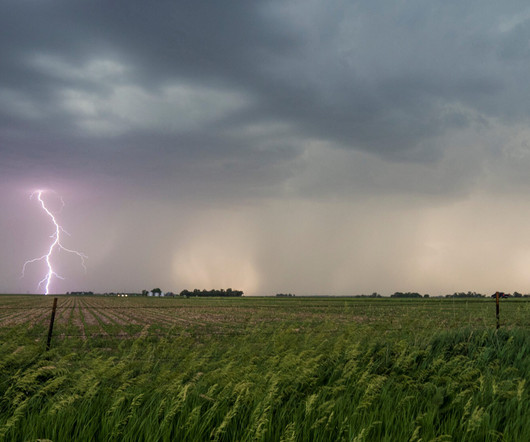Brainfood: Food insecurity drivers, Agroecology & fertilizers, Overselling GMOs, Genomic prediction, Striga breeding, Farmers’ preferences, Farmers’ WtP, Diversity metrics
Agricultural Biodiversity
OCTOBER 9, 2023
The input reduction principle of agroecology is wrong when it comes to mineral fertilizer use in sub-Saharan Africa. …but that doesn’t mean agroecology is wrong. Genetic modification can improve crop yields — but stop overselling it. So, diversify your mind? Diversify your research teams.












Let's personalize your content